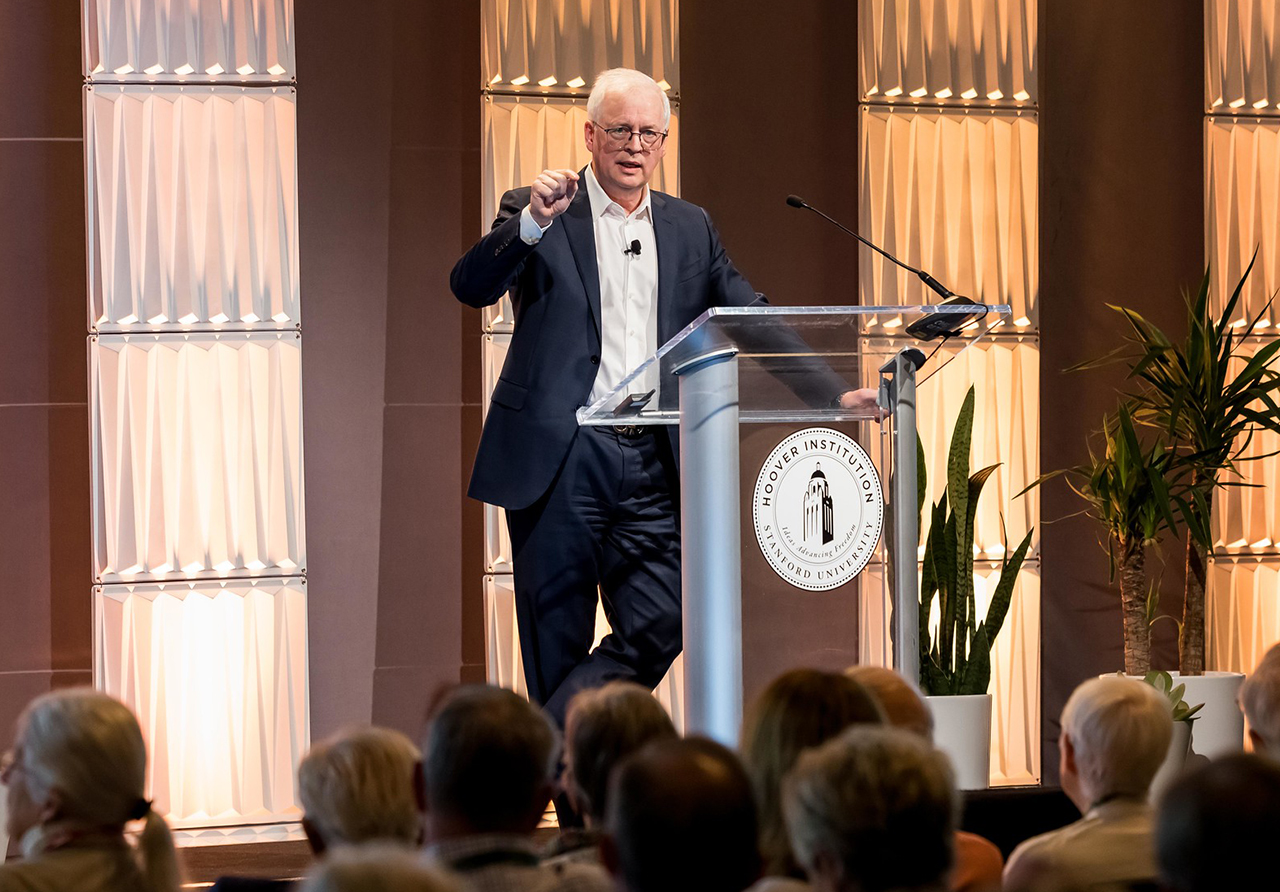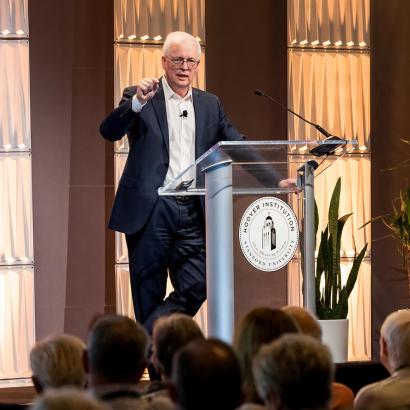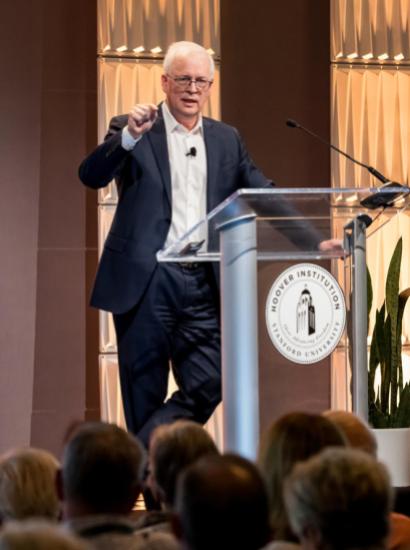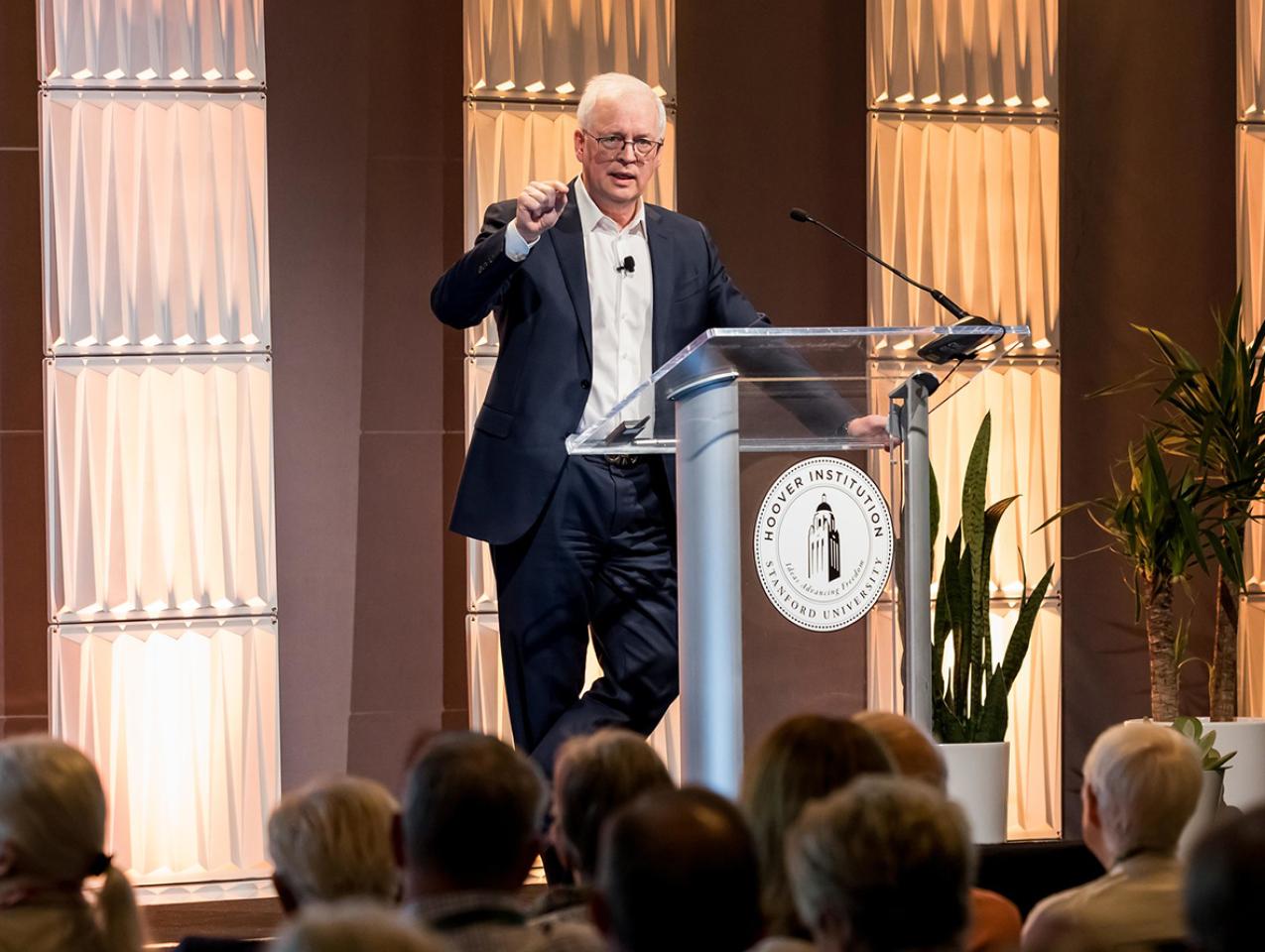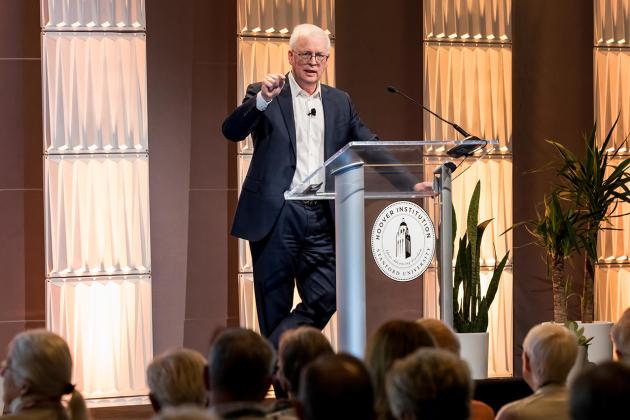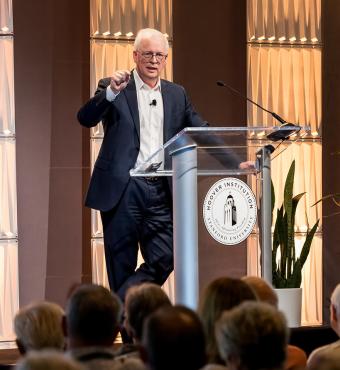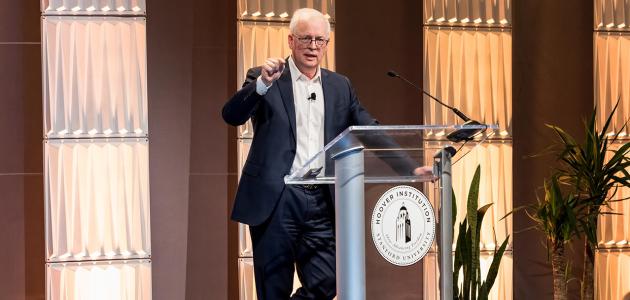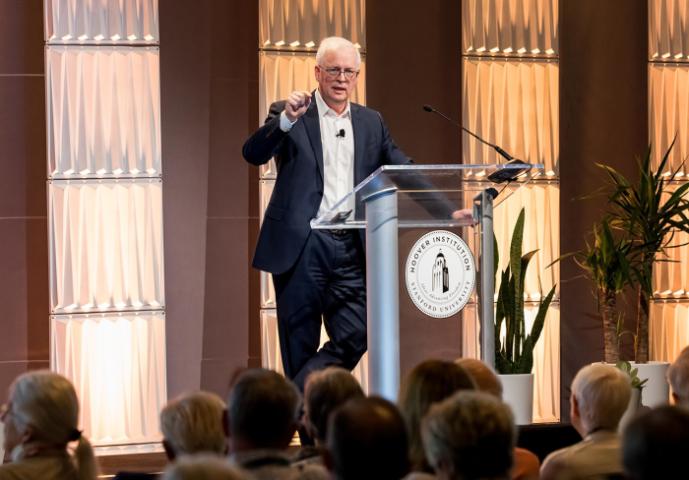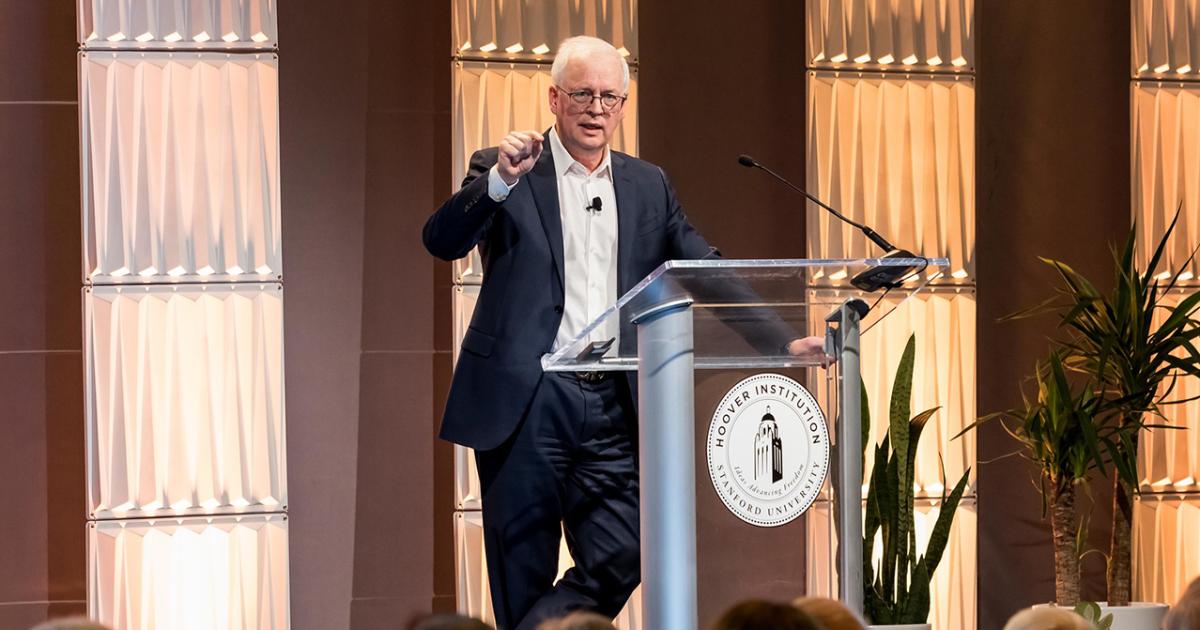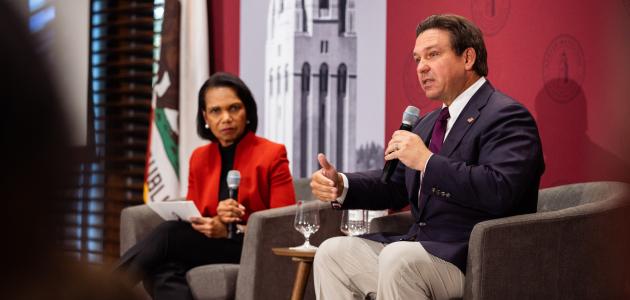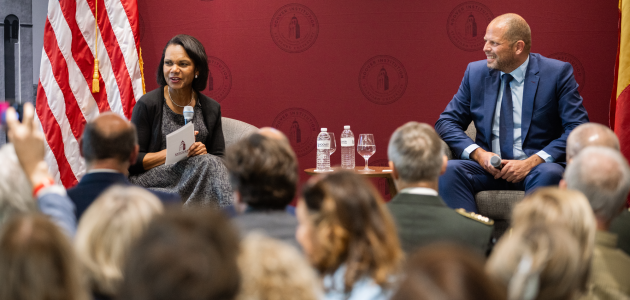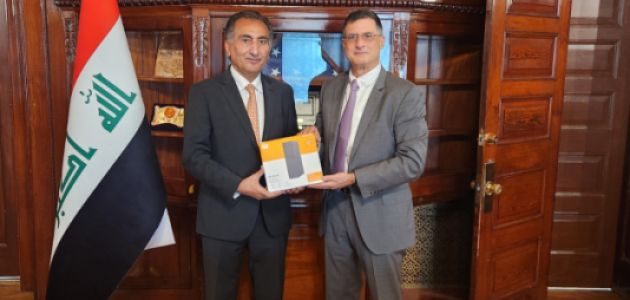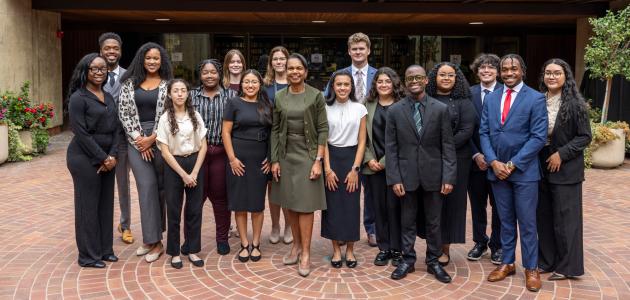Hoover Institution (Stanford, CA) — A prominent economic report released by the Biden administration this spring cites multiple times the research of Steven J. Davis, Thomas W. and Susan B. Ford Senior Fellow at the Hoover Institution.
The 2024 Economic Report of the President cites various publications by Davis, including his work on the magnitude of earnings losses after job displacements.
In a 2011 paper, Davis and coauthor Till M. von Wachter of the University of California–Los Angeles looked through US Social Security data from 1974 to 2008. In their research, they found that men let go in mass layoff events lost an average of 1.4 years of pre-layoff income over the course of the remainder of their careers if they were let go in a period where the US unemployment rate was below 6 percent. But if they were let go at a time when the US unemployment rate was 8 percent or above, they lost an average of 2.8 years of pre-layoff income over the remainder of their working lives.
The pair found smaller earnings losses for laid-off women in both scenarios during the same period.
The 2024 Economic Report of the President references this 13-year-old paper by Davis and Von Wachter because of the insights it brings to the prospect of mass job displacement due to the rise of artificial intelligence.
The report also cites several of Davis’s publications with fellow Stanford economist Nicholas Bloom about the rise of working from home. In their research, Davis and Bloom examine how working from home has evolved since 2020. They also compare employee and employer views on a global basis, study how employee value of the privilege of working from home lessens wage pressures, and report how working from home impacts job vacancies across industries.
The presidential report also cites Davis’s work on developing models to study job vacancies, hiring intensity, and the rate at which employers fill vacant jobs.
Davis joined Stanford University full time in fall 2023 as a senior fellow both at the Hoover Institution and the Stanford Institute for Economic Policy Research (SIEPR), after serving more than 35 years at the University of Chicago’s Booth School of Business.
A scholar of labor economics, in addition to other economic disciplines, his work took on new urgency with the rapid shift to working from home brought on by the COVID-19 pandemic.
Davis cofounded the Economic Policy Uncertainty project, the US Survey of Working Arrangements and Attitudes, the Global Survey of Working Arrangements, and the Atlanta Fed/Chicago Booth/Stanford Survey of Business Uncertainty. He co-organizes the Asian Monetary Policy Forum, hosted yearly in Singapore. He has received research grants from the Alfred P. Sloan Foundation, the Ewing Marion Kauffman Foundation, the John D. and Catherine T. MacArthur Foundation, and the US National Science Foundation.







